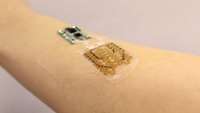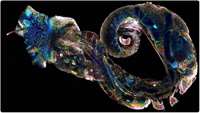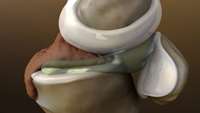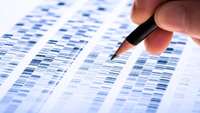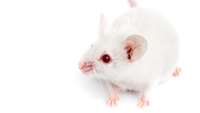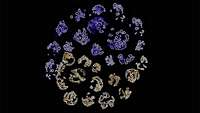Scientists Find and Repair Flaw in CRISPR Gene-Editing
To date, CRISPR gene-editing remains to be one of the most promising medical treatments currently being studied by researchers worldwide.
CELLforCURE will produce innovative cancer CAR-T treatments for Novartis
Novartis announced today that it had signed an agreement with CELLforCURE to produce innovative cancer treatments known as CAR-T therapies (“chimeric antigen receptor T-cells”) at the bioproduction site based in Les Ulis (Essonne).
Type 2 diabetes, obesity may soon be reversed with gene therapy
The prevalence of diabetes, or the total number of existing cases, is on the rise in the United States and globally.
Smart bandages designed to monitor and tailor treatment for chronic wounds
A team of engineers led by Tufts University has developed a prototype bandage designed to actively monitor the condition of chronic wounds and deliver appropriate drug treatments to improve the chances of healing.
Stem cell study brings scientists closer to understanding schistosomiasis
Schistosomiasis currently affects more than 250 million people, mainly in Asia and Africa, and the WHO has estimated that it causes approximately 280,000 deaths per year.
Stem Cells Shows Promise For Repairing Torn Meniscus
U.S. Stem Cell, Inc. (OTC: USRM), a leader in the development of proprietary, physician-based stem cell therapies and novel regenerative medicine solutions, today announced it has demonstrated successful, in-human results in repairing meniscus tear after autologous stem cell therapy from adipose or fat tissue.
Heres Why CRISPR Stocks Have Gained as Much as 169percent in 2018
Shares of the three companies pioneering medical applications of CRISPR gene-editing tools have soared higher through the first half of 2018.
New Gene-Editing Treatment Could Replace CRISPR Technology
Researchers from Carnegie Mellon and Yale Universities have reportedly used gene-editing treatment to cure a genetic disorder in a mouse. It is the first time that such a method was used to treat the condition which is common during fetal development.
CRISPR Gene Drive Used to Alter Mouse Coat Color
n a preprint posted to bioRxiv last week (July 4), researchers at the University of California, San Diego, report using a CRISPR-Cas9 gene drive in mammals for the first time.
Using cell metabolism to battle cancer
Drug resistance is a sizable problem for cancer treatment. Medications that might initially work will soon become ineffective.





